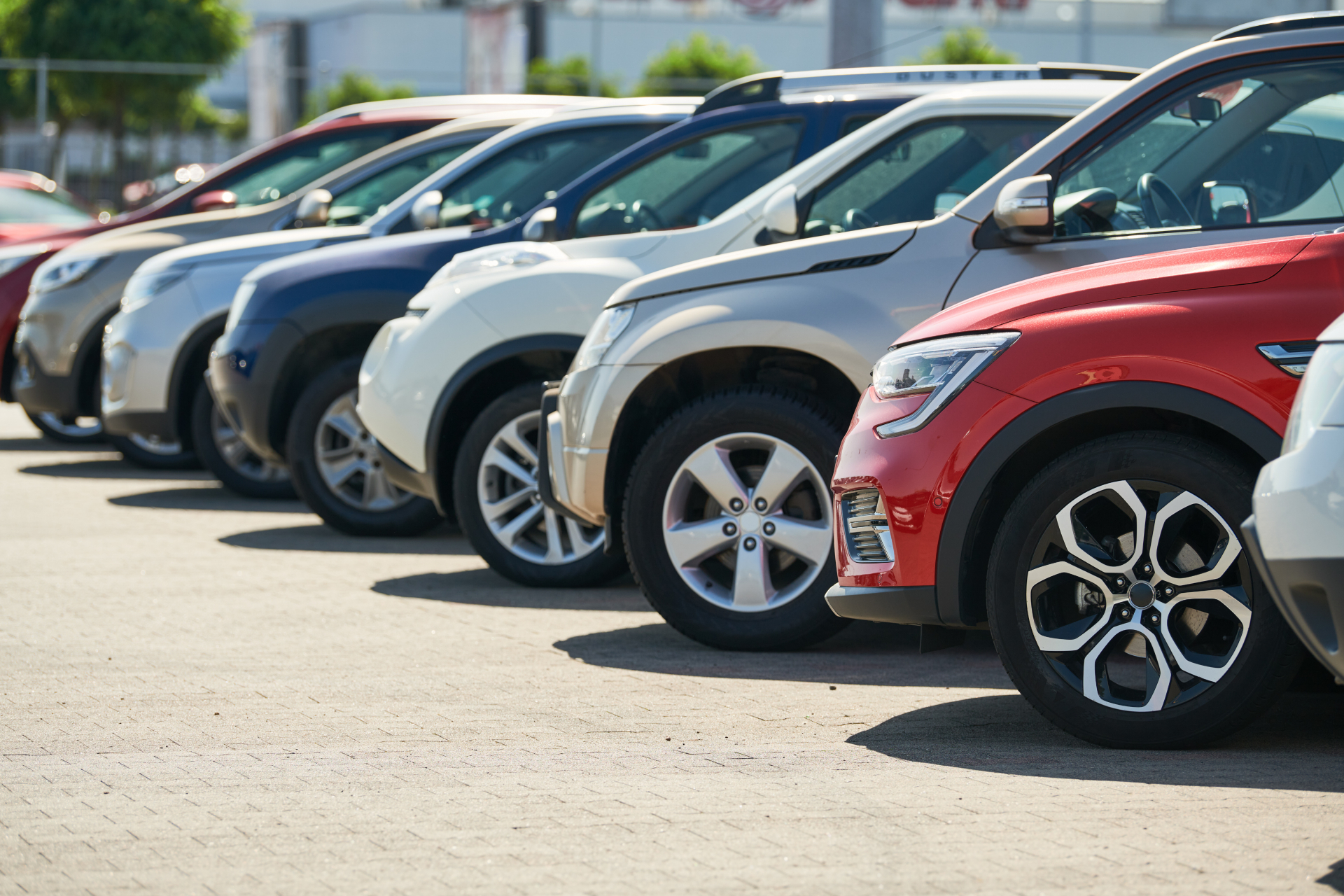The Motor Ombudsman offers tips to consumers contemplating buying a new car as 22 registration arrives
- With the arrival of the new 22 registration, The Motor Ombudsman has published key tips for consumers when buying a new car
- Checking whether a retailer is accredited to The Motor Ombudsman’s Vehicle Sales Code, and looking at delivery times, the cost of ownership and the warranty offered with a new model, are some of the important considerations highlighted
- The tips also highlight that a consumer’s rights differ when they buy online and do not visit a showroom, compared to a traditional on-premises purchase transaction
From today, all new cars leaving retailers in England, Wales and Scotland will carry the number “22” on their plates, the first of two registration series that that will be introduced this year. With March traditionally being one of the busiest and most important months for new car sales, The Motor Ombudsman is highlighting some key tips for consumers to consider when looking for a brand new vehicle.
The choice of retailer is essential
Choosing where to buy a car is just as important as the selection of the vehicle itself. Using a retailer that is accredited to The Motor Ombudsman’s Vehicle Sales Code and is listed on the body’s online Garage Finder, means the business is adhering to the highest standards of work and service. Should there be a dispute that you cannot conclude directly with a seller in the first instance, you will also have access to The Motor Ombudsman’s free-of-charge Alternative Dispute Resolution (ADR) service.
Wait times for delivery can vary
Due to the ongoing semiconductor chip shortage, which has impacted vehicle production around the world, the delivery of a new car may take longer. Therefore, enquire about what the lead times are from the point of ordering so that you have a gauge of what to expect. In addition, if the car is not being purchased at a local retailer, delivery charges may apply, so finding these out in advance may be useful for budgeting.
Electric motoring is on a charge
The choice of electric vehicles (EVs) on the market has grown rapidly, with zero emission models offering a different kind of “motoring lifestyle” compared to petrol or diesel equivalents. Therefore, looking at what range is offered between charges, where the vehicle will often be charged (i.e. on-street or on a driveway), how long this takes, and how much it costs to replenish the battery from empty with the tariffs offered, are all crucial considerations. If you are looking at electric cars priced under £32,000, they are eligible for a government grant of up to £1,500.
Non-refundable deposits are generally the norm
It is commonplace that, once a deposit has been put down on a new car, a legally binding contract has been formed with the seller. This means that you won’t be entitled to get it back, unless there are some exceptions that have been stated up front, so it’s essential to be sure in your decision prior to going ahead with the purchase.
Test drives provide a first-hand experience of a car
As well as doing initial research and reading reviews, putting a car to the test is when you will truly find out whether the particular make and model is right for you. It’s a great opportunity to ask questions, and to get a feel for how the car performs on different types of roads, such as motorways and country lanes. Similarly, being at the wheel is an ideal chance to gauge the level of comfort, visibility and space, and how intuitive the in-cabin technology is, such as the infotainment and satellite navigation systems.
You have a choice as to how to pay for a car
There are various ways to buy a car according to what best suits your finances. This can vary from paying in one lump sum, to putting down a deposit as part of a personal contract purchase (PCP), or arranging a leasing agreement through the Motability Scheme if you qualify. Ultimately, you need to ensure that the car meets your budget, and that any monthly payments will be affordable throughout the contract term. Therefore, only sign on the dotted line once you are happy with the finance agreement.
Think about the post-purchase running and maintenance costs
Ownership and maintenance costs differ depending on the size, make and model of vehicle, and how it is powered, i.e. whether it is a hybrid, electric or is fitted with a conventional petrol or diesel engine. These all have a bearing on annual road tax, fuel consumption in an age of rising prices, and on the cost of repairs. Working out your budget for the ownership of the vehicle beyond the point of purchase is therefore vital to ensure that running your chosen car remains affordable in the longer-term.
Warranties vary in duration and coverage
New car warranties offered by vehicle manufacturers vary by brand in terms of their duration, maximum permitted mileage, and what components and repairs they cover. Therefore, it is important to read the small print to understand what is included, and what the policy exclusions are (e.g. parts which are subject to wear and tear). If buying an electric car, specific terms may also apply to the vehicle’s batteries, so it is just as important to read any associated conditions related to these components.
Online vehicle purchases mean different laws apply
With more businesses and vehicle manufacturers offering consumers the possibility of buying a car online, different UK legislation applies if you order and pay for a vehicle on the internet without ever visiting the showroom at any point during the sales transaction, including for a test drive. Known as a “distance sale”, it is governed by the Consumer Contracts (Information, Cancellation and Additional Charges) Regulations 2013, rather than the Consumer Rights Act 2015. For example, you have 14 days to return the car from the date of delivery if you change your mind after buying a car on a website. However, there may be deductions for usage.
Bill Fennell, Chief Ombudsman and Managing Director of The Motor Ombudsman, said: “Buying a new car is often an exciting time for many, but before taking the plunge and making what is often a significant financial commitment, it is important to do your research. As we have highlighted, there are many factors that can influence a purchase decision.”
Bill added: “It pays to spend time finding the right make and model that suits your individual needs, lifestyle and budget, and purchasing from a retailer that is accredited to The Motor Ombudsman’s Vehicle Sales Code. This will provide you with reassurance that, if something were to go wrong once it is driven off the forecourt, there is an independent and impartial dispute resolution body to turn to.”
To view The Motor Ombudsman’s Motor Industry Code of Practice for Vehicle Sales, visit www.TheMotorOmbudsman.org/consumers/our-codes-of-practice/vehicle-sales-code.



